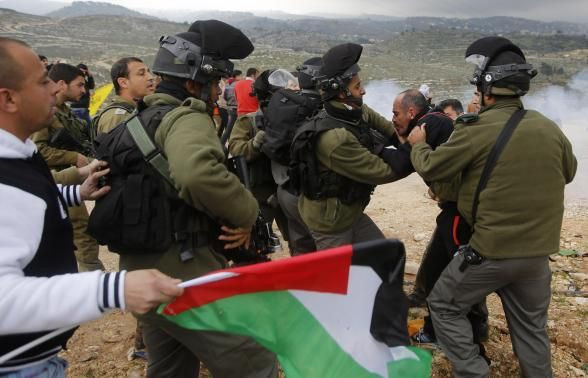Hamas Welcomes ICC Inquiry Into Israeli-Palestinian Conflict

(Reuters) - The Palestinian Islamist group Hamas said on Saturday it welcomed a decision by the International Criminal Court to launch an inquiry into possible war crimes in the Palestinian territories.
ICC prosecutors said on Friday the preliminary examination would scrutinize "in full independence and impartiality" crimes that may have occurred since June 13 last year, opening a path to possible charges against Israelis or Palestinians.
The court's decision came after Western-backed Palestinian President Mahmoud Abbas, a rival to Hamas, requested ICC membership, against strong opposition from Israel and the United States.
Fawzi Barhoum, a spokesman for Hamas which rules the Gaza Strip, said on Saturday the Islamist group appreciated the move.
"What is needed now is to quickly take practical steps in this direction and we are ready to provide (the court) with thousands of reports and documents that confirm the Zionist enemy has committed horrible crimes against Gaza and against our people," he said in a statement.
Israel rejected the court's Friday decision as hypocrisy and the U.S. State Department said it was "a tragic irony that Israel, which has withstood thousands of terrorist rockets fired at its civilians and its neighborhoods, is now being scrutinized by the ICC."
The June 13 date would allow the court to look at the war between Israel and Hamas militants in Gaza in July-August 2014 during which more than 2,100 Palestinians and 73 Israelis were killed.
Prosecutors will assess evidence of alleged crimes and determine if they are of sufficient gravity and scale to warrant charges against individuals on either side.
Israel in 2005 pulled its settlers and troops out of Gaza, which remains under an Israeli and Egyptian blockade. Palestinians seek statehood in Gaza and the West Bank.
(Reporting by Nidal al-Mughbrabi; editing by Andrew Roche)
© Copyright Thomson Reuters {{Year}}. All rights reserved.





















